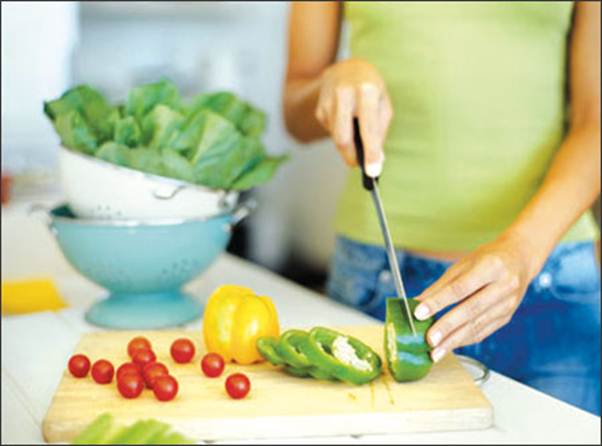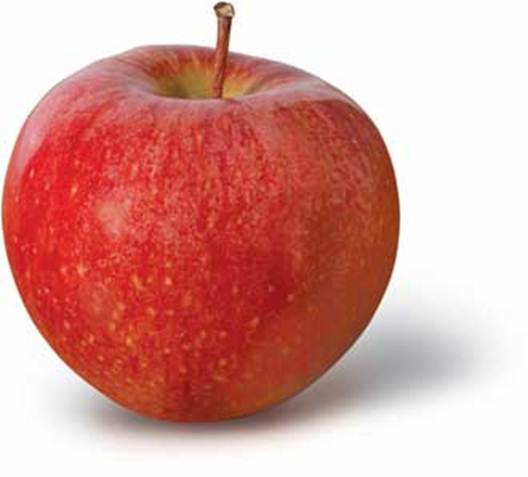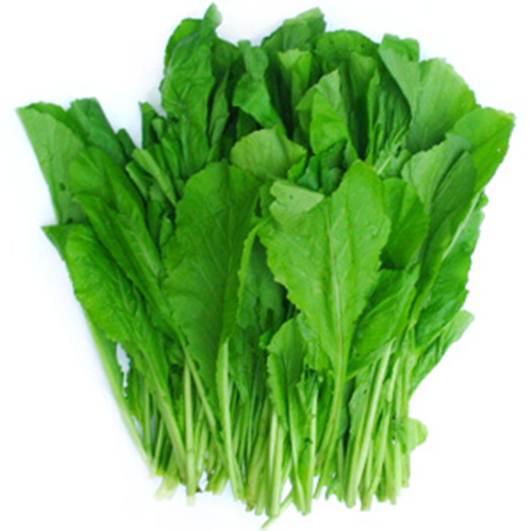Swapping your usual cooking oil for olive oil might help
protect you from a stroke. In a study of more than 7 000 over-65s, French
researchers discovered that those who regularly use olive oil for cooking and
dressing salads were 41% less likely to have a stroke than those who didn’t use
it at all. Olive oil’s high levels of monounsaturated fats block the body’s
response to inflammation in conditions such as heart disease and arthritis, and
also reduce blood pressure. The Heart and Stroke Foundation South Africa
suggests some other ways to protect yourself:
·
Limit your intake of high-cholesterol foods to 300mg per day.
·
Limit salt to 5g a day. Remember, processed foods may contain
sodium.
·
Use alcohol in moderation – once to two drinks maximum per day.
·
Use healthier alternatives in cooking, such as salt-free spices
and ginger.

Make the Switch
An apple a day…apparently can keep the doctor away. After
160 women were assigned to eat either dried apples or dried plums every day for
a year, a study by Florida State University in the US found that the apple
eaters had a 23% cholesterol and a 3% jump in healthy DHL cholesterol.

Health to the
core!
Look on the white side
Turning decades of nutrition advice on its head, new
research has found that pale produce delivers a big health bonus. In a 10-year
Dutch study of more than 20 000 men and women, those who ate the most white
fleshed fruits and vegetables – including apples, cucumbers, pears, bananas and
cauliflower – had a 52% lower risk of stroke than participants who selected
only more colourful food.
Apples and pears were the most common choices in the ‘white
group’, leading researchers to speculate that the benefit comes from the plant
chemical quercetin in these fruits.
Shine the light on Spinach
When you’re buying spinach, don’t automatically reach for
bags in the back of the display case. New research by the United States
Department of Agriculture designed to simulate supermarket conditions found
that spinach leaves exposed to continuous light – as they would be in the front
of the case – had much higher levels of certain carotenoids, foliate and
vitamins C, E and K than those that got the dark treatment (mimicking
conditions in the back of the case). For the best spinach, choose from the
front, but take note of sell-by dates and the condition of the leaves. In the
study, some writing occurred after three days of storage under the lights.

Shine the light on
Spinach